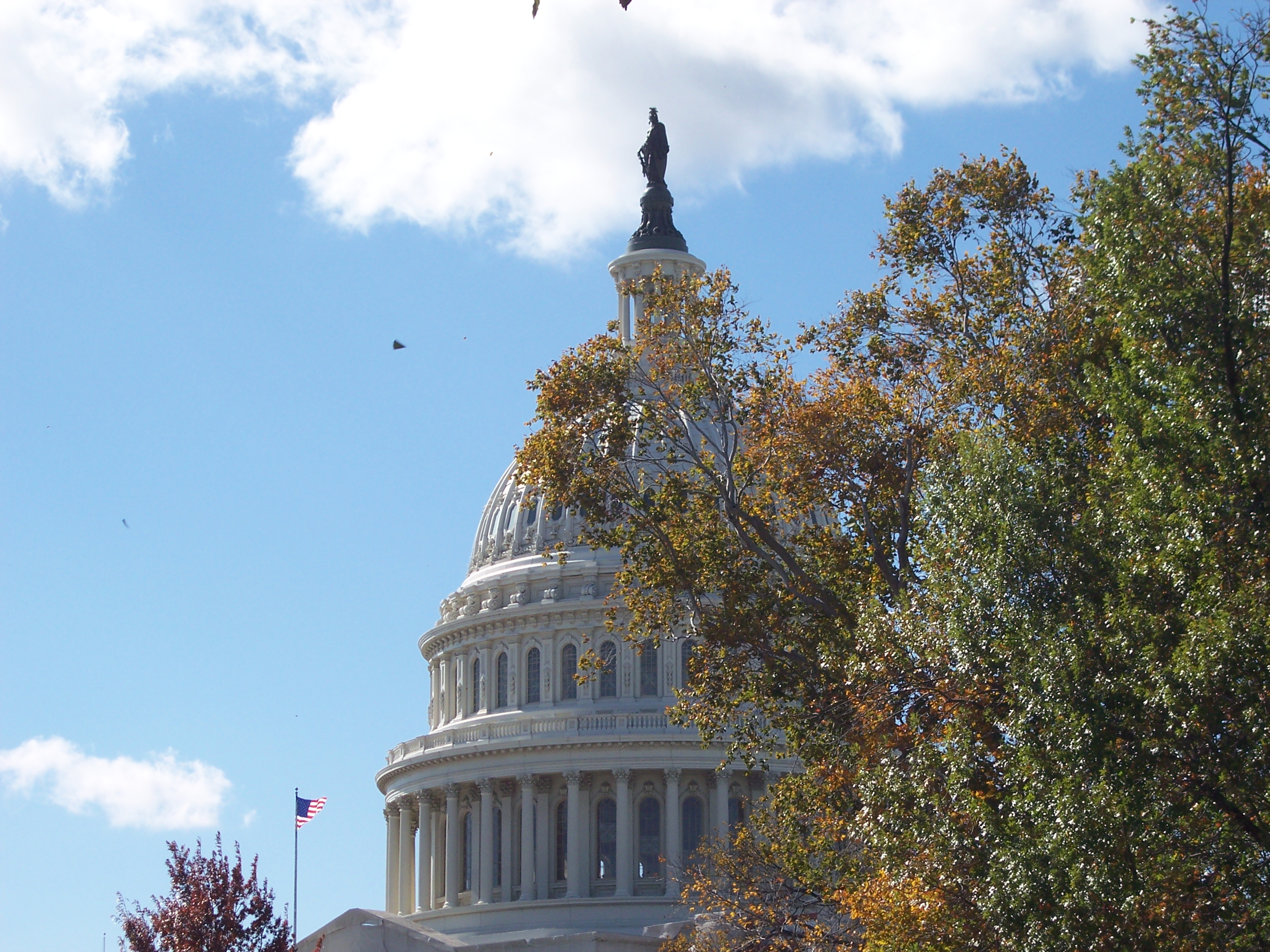
11 Dec Health insurance rates and the tax plan
Photo: renowiggum/morguefile.comQ. They say the new tax bill will cause health insurance rates to go up 10 percent a year. Can you explain why?
— Taxed enough
A. As Congress works out the details of the tax plan, there’s still lots of uncertainty about where things will land. But if healthy individuals are not forced to buy insurance, premiums are expected to go up as only sicker people would be buying plans.
The individual mandate clause of the Affordable Care Act — Obamacare — requires individuals to buy insurance or pay a penalty at tax time unless they qualify for a limited number of exemptions, said Toby Stark of Stark Associates Insurance Agency in Tinton Falls.
If the Senate’s proposal survives in the final version of the tax bill, then beginning in 2019, consumers will be able go without coverage and not face a fine, Stark said.
“The penalty for going uncovered for 2018 will be $695 per adult or 2.5 percent of household income in excess of tax filing thresholds, whichever is higher,” Stark said.
Members of the House and Senate are now going to work to reconcile their versions of the tax bill.
For now, Stark said, the individual mandate remains in place, but the individual market would look different if the penalty went away.
“It looks like reports from the Congressional Budget Office state that repealing the individual mandate starting in 2019 would result in 4 million losing coverage in 2019 and 13 million losing coverage in 2027,” he said.
If the individual mandate was removed, many healthy people are expected to voluntarily opt to go without coverage, so insurers could raise their premiums to cover the remaining sicker population, Stark said.
“That said, those higher premiums would lead to even more consumers leaving the market,” Stark said, noting he fields a lot of calls from individuals who were fearful of the penalty, and instead of being proactive and purchasing insurance, they would buy policies as a reactive move to avoid the penalty.
Email your questions to .
This post was first published in December 2017.
NJMoneyHelp.com presents certain general financial planning principles and advice, but should never be viewed as a substitute for obtaining advice from a personal professional advisor who understands your unique individual circumstances.
